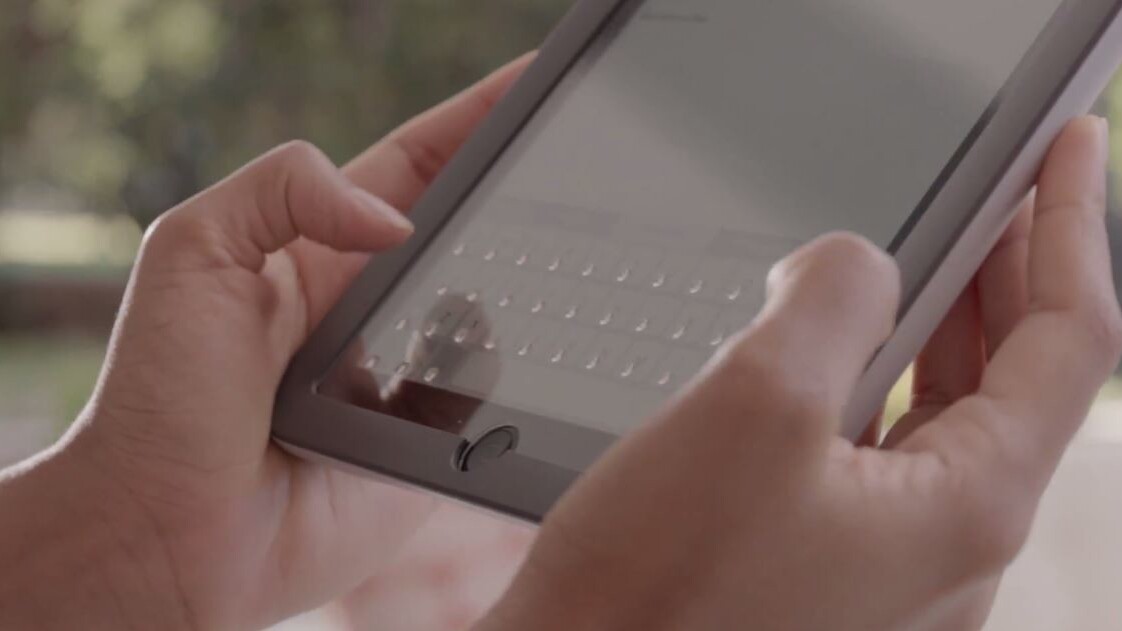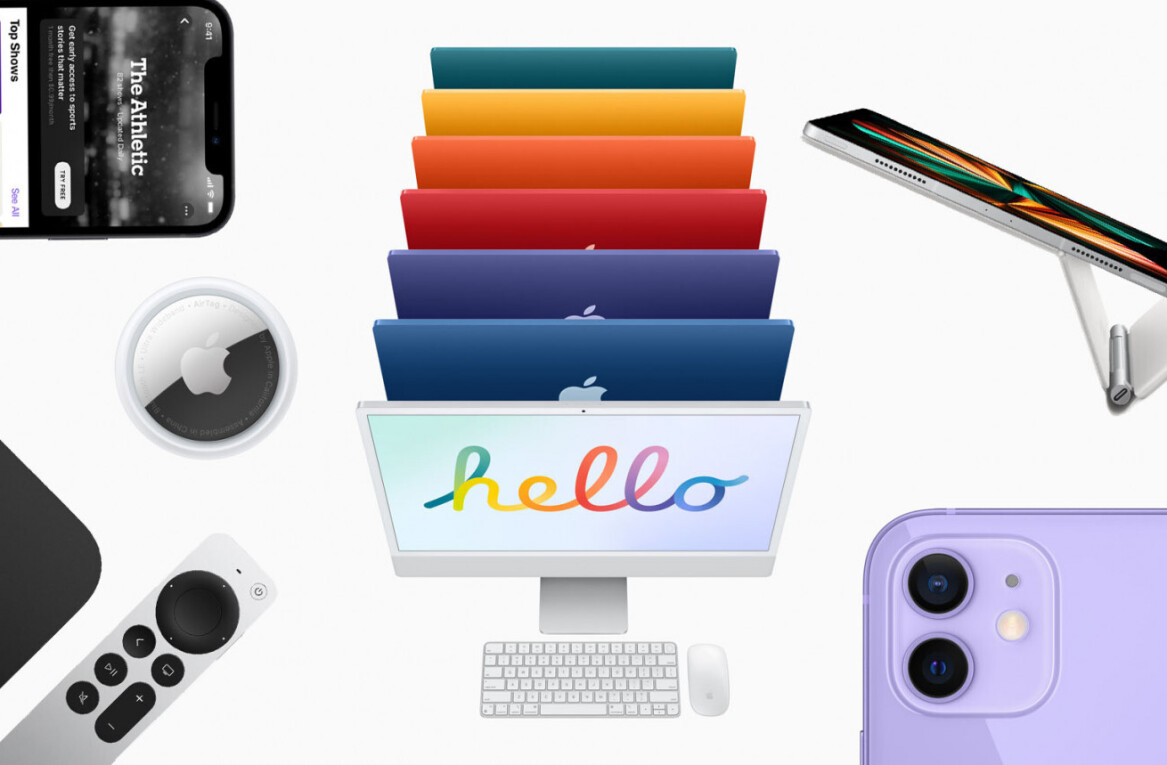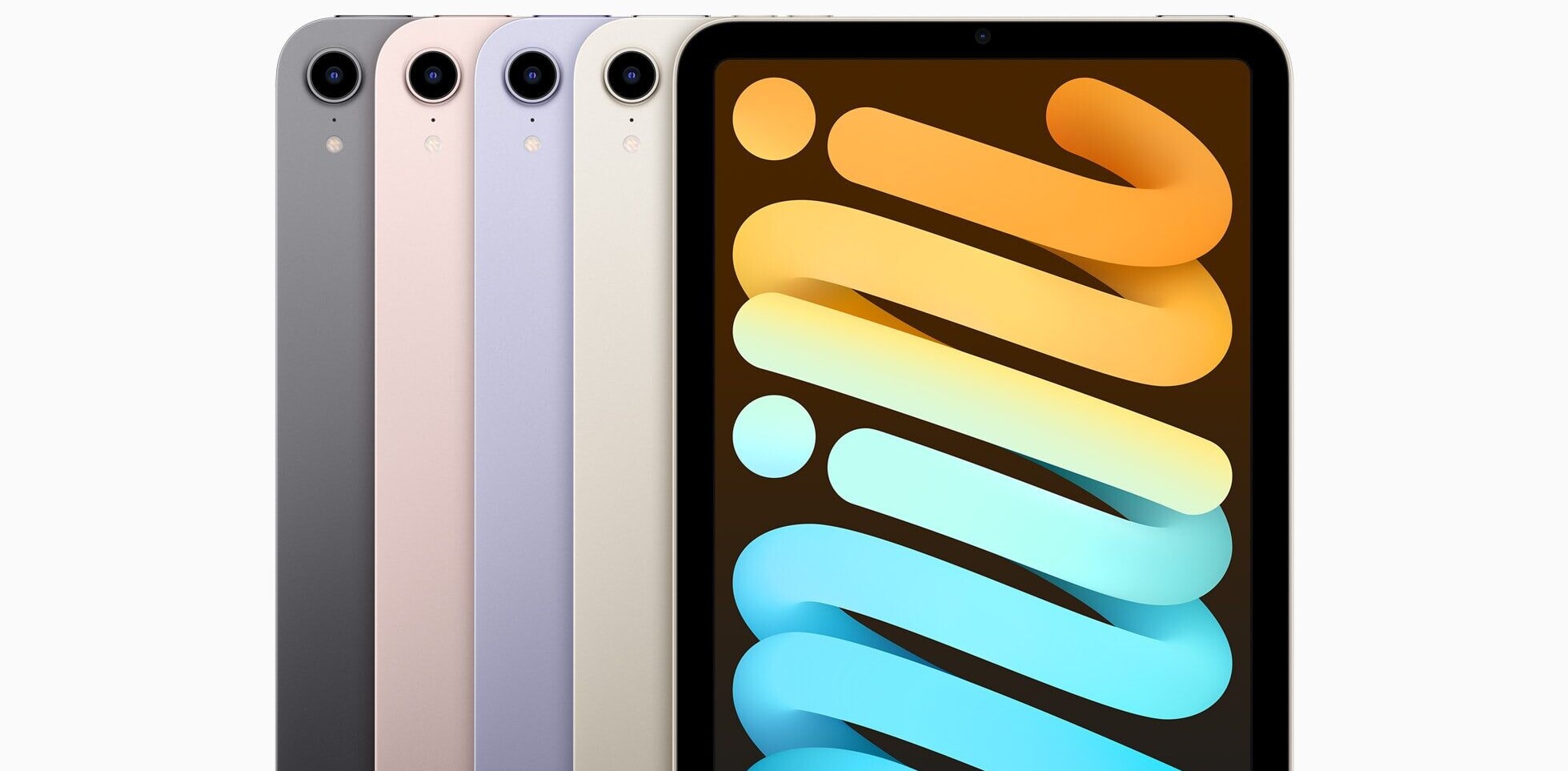
Touchscreens have changed the way we type on our mobile devices since the original iPhone, providing dynamic keyboards that only show up when you need them and useful corrections. Still, not everyone likes tapping on a flat touchscreen, instead preferrring physical keyboards. But what if you could have both?
That’s what Tactus Technology is aiming for with Phorm, a zany case for the iPad mini.
It sounds like something out of a sci-fi movie at first: when you activate Phorm, transparent buttons will manifest themselves over the virtual keys, providing you with a physical guide for your finger placements and taps – you’ll know when you’ve pressed the right letters.

When you don’t need to type anymore, the buttons disappear completely.
With a design team including the firms behind Beats by Dre and an ex-BlackBerry keyboard designer, Phorm is relatively simple to use. You place a case and a special transparent film (that doubles as a screen protector) on your iPad, and then activate the buttons with as slider on the back.

The transparent film is lined with invisible microfluidic channels to expand designated areas of the screen when you move the slider; the fluid is held in the case itself. Because it’s a completely physical process, Phorm doesn’t use any battery power or require fancy software.
While you might not want to activate during shorter typing bursts like inputting URL’s, it should at least prove useful for extended messaging sessions or doing long-form work on the go.
To be clear, Phorm doesn’t suddenly make your mini’s touchscreen “clicky;” the fluids simply provide a guide for your fingers to know the optimal touch zones on your device’s keyboard and train your muscle memory. Still, Tactus says that’s enough to significantly improve typing your accuracy and satisfaction.

Phorm for iPad mini will retail for $149, but is available for pre-order at $99. An iPhone 6 Plus case is next in the pipeline, with an iPad Air case after that. The first models for the mini are expected to ship this summer.
Perhaps more exciting, however, is what Tactus is working on for the future. The company showed off a prototype Android tablet that activated the physical buttons as soon as the virtual keyboard appeared, automatically. It says we should start to see Phorm technology integrated into tablets in 2016.
➤ Phorm
Get the TNW newsletter
Get the most important tech news in your inbox each week.




